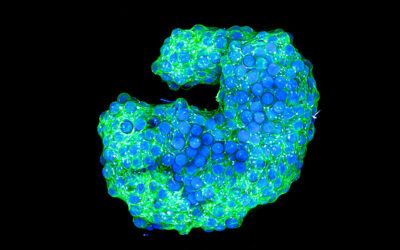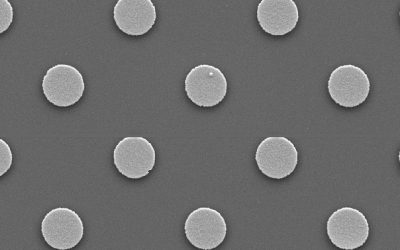Diabetes is a group of metabolic disorders in which blood glucose levels are abnormally high. Chronic hyperglycemia triggers pathogenic signals including inflammation, hypertension, mitochondrial dysfunction, oxidative stress, endoplasmic reticulum stress, and dyslipidemia.
Diabetic patients may suffer from systemic complications that can lead to heart attack, stroke, blindness, end-stage renal disease, cardiomyopathy, skeletal muscle weakness, and leg amputations. Advanced RNA-sequencing technologies and computational algorithms discovered that post-transcriptional RNA-regulatory networks controlled by RNA binding proteins (RBPs) are modulated in diabetes and contribute to systemic complications of diabetes.
An article published in WIREs RNA, highlights the recent discoveries on how post-transcriptional RNA networks are disrupted by RNA-binding proteins (RBPs) in diabetes. Seven specific RBPs that are implicated in the development of diabetes and systemic manifestations of diabetes are reviewed.
Major findings indicate that RBPs regulate RNA-regulatory networks involved in metabolism and insulin signaling contributing to the development of diabetes or in activation of pathogenic signals leading to systemic manifestations of diabetes. In addition, the article discusses how targeting RNA-RBP interaction using modified oligonucleotides may help restore gene expression profiles and potentially diabetic complications. The evolving roles of RBPs in diabetes is critical not only for a comprehensive understanding of diabetes pathogenesis, but also to design RNA-based therapeutic approaches for diabetic complications.
Kindly contributed by the Authors.

















